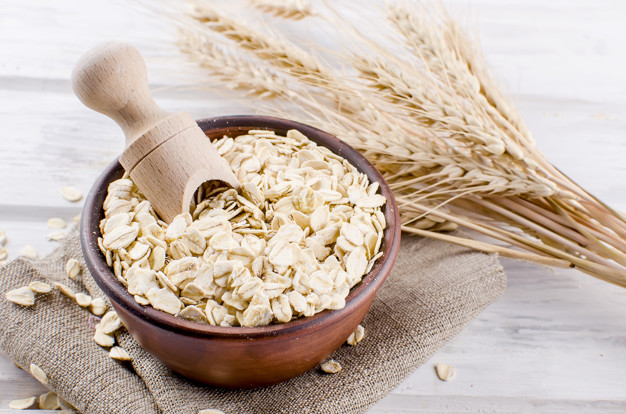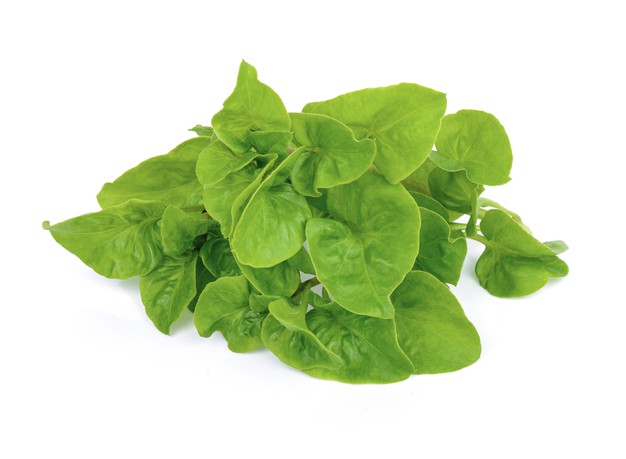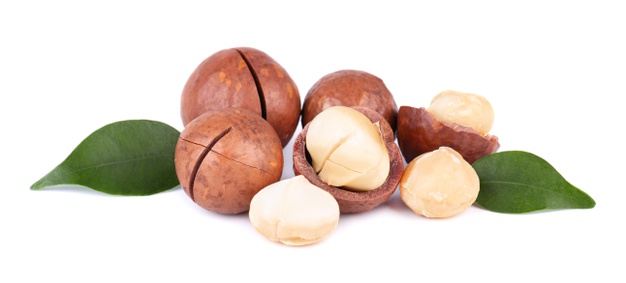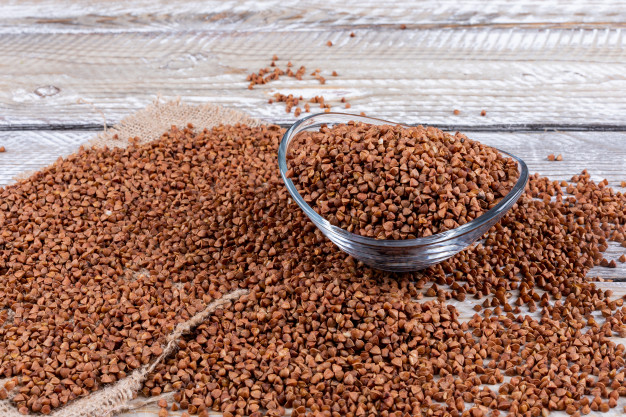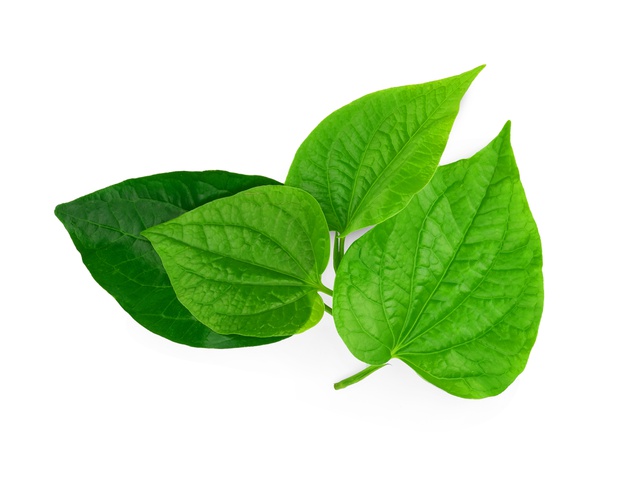Oat is an important nutritious cereal rich in fibre, antioxidant and micronutrients. It has profound therapeutic advantages.
What is oatmeal?
- Oatmeal is a precooked, processed and ready to eat product basically made up with hulled oat grain
- Oat groat is the whole form of oat and extremely rich in fibre but it takes too much time to cook hence most of the people prefer crushed or rolled or steel-cut oats
- Oatmeal is a very popular breakfast cereal generally consumed as porridge by mixing oat with hot milk or water
- Oat bran is also used as dietary fibre
Nutritional profile of oat
- It contains significant amount of carbohydrate especially complex carbohydrate
- It is significantly rich in fibre and contains beta-glucan, which the most imperative and powerful fibre
- It contains less amount of protein as well
- It also contains too some extent of fat
- It contains numerous micronutrients like Vitamin B1, B2, B3, B5, B6, B9, calcium, phosphorus, manganese, magnesium, zinc, copper, iron and potassium
- It also contains numerous polyphenolic compounds, which are responsible for exerting antioxidant, anti-inflammatory, anti-carcinogenic and immunomodulatory activity
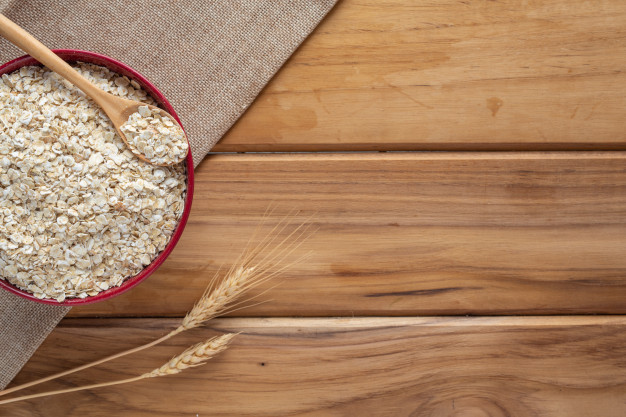
Biological property

Antioxidant property
- Oat is packed with antioxidant. It contains avenanthramide, an imperative antioxidant solely present in oat
- Its polyphenolic components are also accountable for exerting strong antioxidant activities
- Ferulic acid is another important antioxidant found in oats
- These entire antioxidants play significant role in protecting the body from free radical induced oxidative damages and help to decrease the susceptibility of developing chronic diseases
Anti-carcinogenic property
- Oat contains an important component named lignan, which exhibits potent anti-carcinogenic activity and helps to destroy malignant cells thus prevents the harmful consequences of cancers
- Consumption of oat is extremely effective for reducing the prevalence of prostate, breast and ovarian cancers
Role of oats on human health
Role of oats on preventing cardio vascular disease
- Oat is very effective for decreasing the risk of developing cardio vascular diseases
- Its lignan content, especially electrolacton plays imperative role in protecting the body against cardiac disorders
- It helps to decreases the concentration of lipid (triglyceride, LDL, VLDL) in body thus inhibits lipid deposition within blood vessels (mainly in artery)
- As it is associated with preventing fat deposition within artery especially coronary artery (artery that supply blood to heart) hence it helps in promoting blood circulation that aids in supplying proper oxygen and nutrients to heart thus promotes cardiac health and functionality
- It also helps to prevent the hardening of artery by inhibiting plaque formation thus reduces the consequences of atherosclerosis
- Consumption of oats is awfully useful for preventing coronary artery disease, heart attack, stroke, angina pectoris and myocardial infraction

Role of oats on preventing hyperglycemia
- Hyperglycemia is a condition characterized by elevated blood sugar level. It is a chronic metabolic syndrome. Prolong diabetes can lead to renal failure, ketoacidosis and diabetic coma so it is better to keep the sugar concentration in normal range and oat plays significant role in controlling the blood sugar level
- Oat is rich in fibre, which helps to decrease the absorption of glucose from intestinal epithelial cell hence reduces the postprandial glucose load
- Beta-glucan component of oat also helps in slowing down the rise of blood sugar level after consumption of any meal. It helps to decrease the risk of sugar fall before meals as well
- Consumption of oat is extremely helpful for stabilizing blood sugar level and significantly reduces the risk of developing type 2 diabetes mellitus
Role of oats on preventing obesity
- Obes individual should include oat in their diet as it accelerates the process of weight reduction
- Beta-glucan component of oat plays significant role in weight reduction as it helps to provide a feeling of satiety hence it is related with consuming fewer calories
- It has also seen that beta-glucan helps to stimulate the release of peptide YY (hormone), which helps to decrease appetite hence facilitates weight reduction by preventing over consumption of food
- It helps to reduce the concentration of fat as well that also helps to prevent obesity

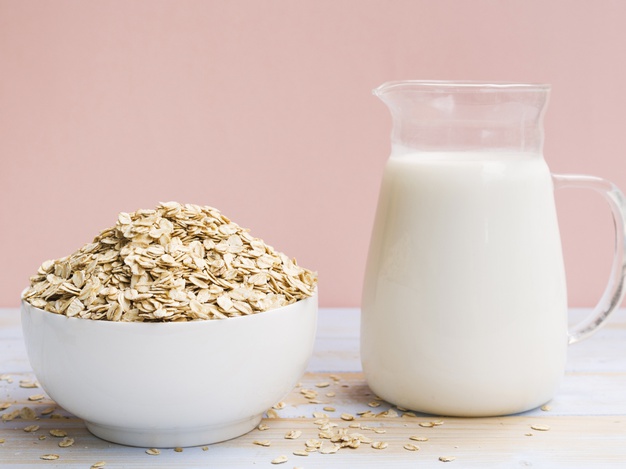
Role of oats on preventing hypercholesterolemia
- Oat plays imperative role in regulating the cholesterol level in body
- Its fibre content is the principal component that helps to decrease the concentration of LDL, VLDL and triglyceride
- It also helps to improve the level of HDL and it has seen that consumption of oat is very beneficial for maintaining a healthy ratio of HDL and LDL in body
Role of oats on preventing constipation
- Individual who suffer from constipation should incorporate oat in their regular diet as it helps to make the defecation process easier
- Its fibre content is the chief component responsible for preventing constipation. It helps to increase the bulkiness of stool, which ultimately improves bowel movement. It also helps to make the stool soft by retaining water thus facilitates the elimination of stool
Therapeutic uses
- Colloidal oat meal is extensively used as an effective skin protective substance. It has been traditionally used to treat eczema, itching of skin or skin irritation or related skin disorders
- Asthma is a respiratory disorder characterized by narrowing as well as swelling of airway with increased mucous production. It is very common among children and makes breathing difficult. It has seen that providing oat meal to children significantly reduces the prevalence of asthma
- It also acts as potent immune booster. Its beta-glucan content is accountable for enhancing the synthesis of neutrophils, which help to eliminate microbes from body by stimulating phagocytosis
- It helps to promote colonic health as its fibre content plays imperative role in enhancing peristalsis. Its consumption is extremely effective for decreasing the risk of developing diverticular disease and colon cancer. Apart from that it plays potential role in improving the gut health as it acts as an effective prebiotic that helps to support the growth of intestinal beneficial microbes
- Avenanthramide content of oat is responsible for preventing hypertension. It has seen that avenanthramide is responsible for synthesizing nitric oxide, which helps in vasodilation thus reduces blood pressure and promotes blood circulation as well

Culinary uses
- It can be consumed with water by adding to some extent of salt or can also be consumed with milk
- It can added with yogurt before consumption
- It can be consumed with vegetables
- Cinnamon or nuts or fruits or seeds can be added to oat for enhancing its taste
- It can also be included in baked foods

General consideration of using oats
- It is better to consume oat in breakfast
- Profound water should be consumed after consuming oats as it is rich in fibre
- Consumption of tea or coffee should be avoided after consuming oatmeal
- Phytate or oxalate containing foods should also be avoided after taking oat
Side effects
Too much consumption of oat may cause various health hazards. It has seen that the fibre content of oat is later fermented by the intestinal microbes, which eventually produce gas thus its overconsumption is associated with causing flatulence, bloating, abdominal distress, stomach cramp and digestive issues. So it is better to consume oat or oatmeal in desired amount.
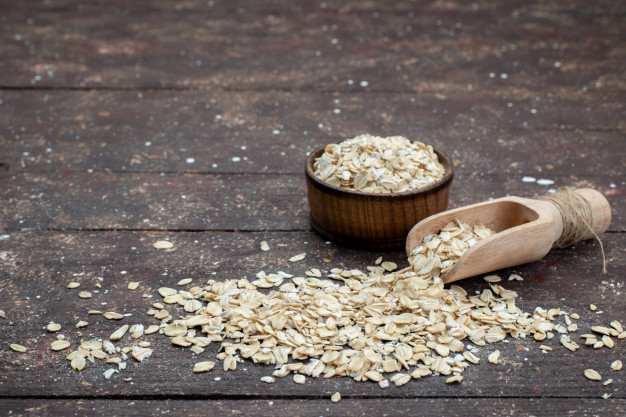
Source:
Ames, N., Storsley, J. and Thandapilly, S.J., 2018. Functionality of beta-glucan from oat and barley and its relation with human health. In Cereal Grain-based Functional Foods (pp. 147-166).
Barcchiya, J., Meena, R.K. and Lal, N., 2017. OAT IS A MULTIFUNCTIONAL CEREAL CROP. Innovative Farming, 2(2), pp.114-116.
Cui, S. and Liu, R.H., 2013. Health benefits of oat phytochemicals. Oats Nutrition and Technology, pp.171-194.
Daou, C. and Zhang, H., 2012. Oat beta‐glucan: its role in health promotion and prevention of diseases. Comprehensive reviews in food science and food safety, 11(4), pp.355-365.
Korompokis, K., Nilsson, L. and Zielke, C., 2018. The effect of in vitro gastrointestinal conditions on the structure and conformation of oat β-glucan. Food Hydrocolloids, 77, pp.659-668.
Martinez-Villaluenga, C. and Penas, E., 2017. Health benefits of oat: Current evidence and molecular mechanisms. Current Opinion in Food Science, 14, pp.26-31.
Soycan, G., Schär, M.Y., Kristek, A., Boberska, J., Alsharif, S.N., Corona, G., Shewry, P.R. and Spencer, J.P., 2019. Composition and content of phenolic acids and avenanthramides in commercial oat products: Are oats an important polyphenol source for consumers?. Food chemistry: X, 3, p.100047.
